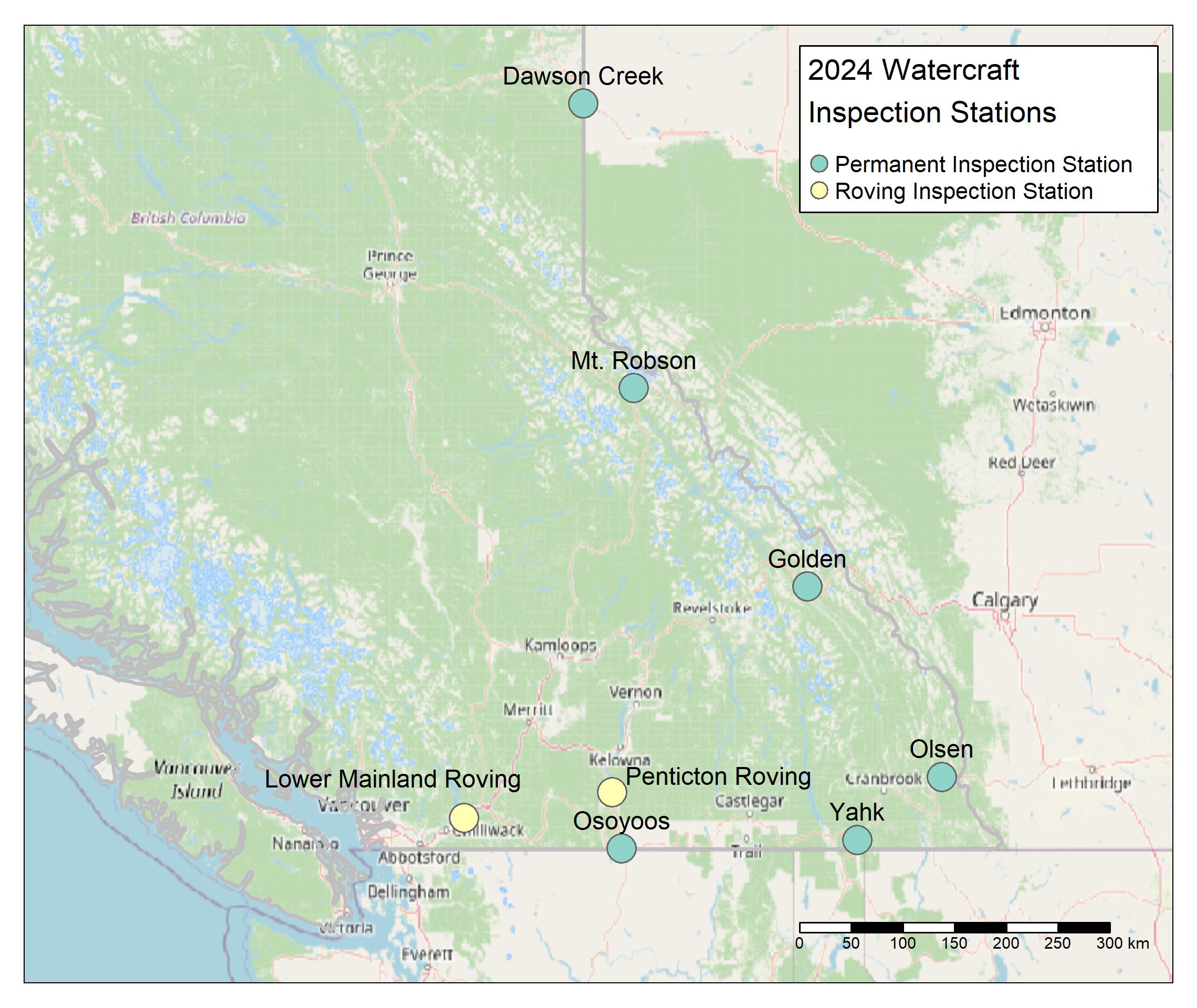Did you know BC has native mussels? But they are at risk of being taken over by invasive mussels. Here’s the scoop on the differences, how to identify them, how to prevent the spread of invasives, and how to report if you spot invasives in the wild!
Native Freshwater Mussels in BC

British Columbia’s freshwater systems are home to native mussels that play a crucial role in maintaining healthy aquatic ecosystems. Nearly three-quarters of all North American species of freshwater mussels are considered imperiled and they should not be disturbed! These mussels help filter water, providing cleaner habitats for other species.
Identifying Native Mussels
Native mussels in BC typically have elongated, oval shells with a smooth surface. They can vary in color but are often brown or greenish with dark stripes. They are larger in size and are commonly found on the bottom of rivers and lakes, buried in sand, gravel, or sediment.
Familiarizing yourself with these characteristics can help in identifying them.
Habitats and Distribution
These mussels are commonly found in rivers and lakes throughout BC, including the Kootenay Region. They prefer clean, well-oxygenated waters with sandy or gravelly bottoms.
Non-Native Zebra and Quagga Mussels (Invasive)
Zebra and Quagga mussels are non-native species that are at risk of coming into BC’s waters. Originating from Eastern Europe in the Caspian sea, they were likely brought over to North America through ballast water from ships. These mussels are highly invasive and can cause significant ecological and economic damage.
Identifying Invasive Mussels
Zebra mussels have a distinct, zigzagged striped pattern on their shells, which are usually D-shaped and about the size of a fingernail. Quagga mussels have a rounder shape and a less pronounced striping pattern. Both species are small but can rapidly multiply.
They are distinct from native species in their size and unlike native mussels, Zebra and Quagga mussels can be found clinging to boat hulls, docks, water intake pipes, and other submerged surfaces- NOT on lake/river bottoms.
Impact on Ecosystems
Invasive mussels outcompete native species for food and habitat, disrupt local ecosystems, and clog water intake pipes, costing millions in maintenance and repairs.
Some more impacts:
- Local extirpation of native mussel populations.
- Filter water to the point where food sources such as plankton are removed.
- Impact fish and wildlife and drinking water by increasing toxic algal blooms.
- Affect recreational activities by cutting swimmers feet as a result of their sharp shells.
- Increase costs associated with maintaining infrastructure related to power generation, sewage and water facilities.
How to Prevent the Spread of Invasive Mussels
image: map of Zebra and Quagga Mussel Distribution in North America, March 2023

Prevention Tips
You can help prevent the spread of invasive mussels by thoroughly cleaning boats and all aquatic gear (including lifejackets, paddleboards, floaties, kayaks, waders, swimsuits, etc.) before moving between water bodies. Always drain water from your boat’s bilge (it’s the law since May 2024!) and equipment (such as in water left in a kayak), and let everything dry completely.
Clean, Drain, Dry
- Clean all plants, animals, or mud from watercraft & related equipment
- Drain any water onto land
- Dry all items completely
BC Mussel Defense Program
BC has implemented various initiatives to prevent the spread of invasive mussels. The BC Mussel Defense Program includes mandatory inspection stations for watercraft entering the province and public awareness campaigns.
Here are their locations:

Reporting Invasive Mussels
What to Do if You Spot Invasive Mussels: If you spot invasive mussels, report your findings immediately. You can contact local authorities or use the provincial hotline or online reporting tools.
Importance of Reporting
Reporting sightings of invasive mussels is crucial in managing and controlling their spread. Early detection allows for quicker response and better protection of our freshwater ecosystems.
Within the CKISS Region

- Submit an Invasive Species Report or,
- Email us at info@ckiss.ca or,
- Call the CKISS hotline 1-844-352-1160
- Outside of the CKISS Region
- Use the Report Invasives BC App
- Contact your Regional Invasive Species Organization
By learning to identify native and invasive mussels and taking steps to prevent their spread, we can all contribute to protecting BC’s freshwater ecosystems. Stay vigilant, report sightings, and help keep our waters healthy and mussel-free
Funder Thank You:
Thank you to Fortis BC, Columbia Basin Trust and the Province of BC through the BC Gaming Grant for supporting Clean Drain Dry program in our region. You are helping us protect our waters!


